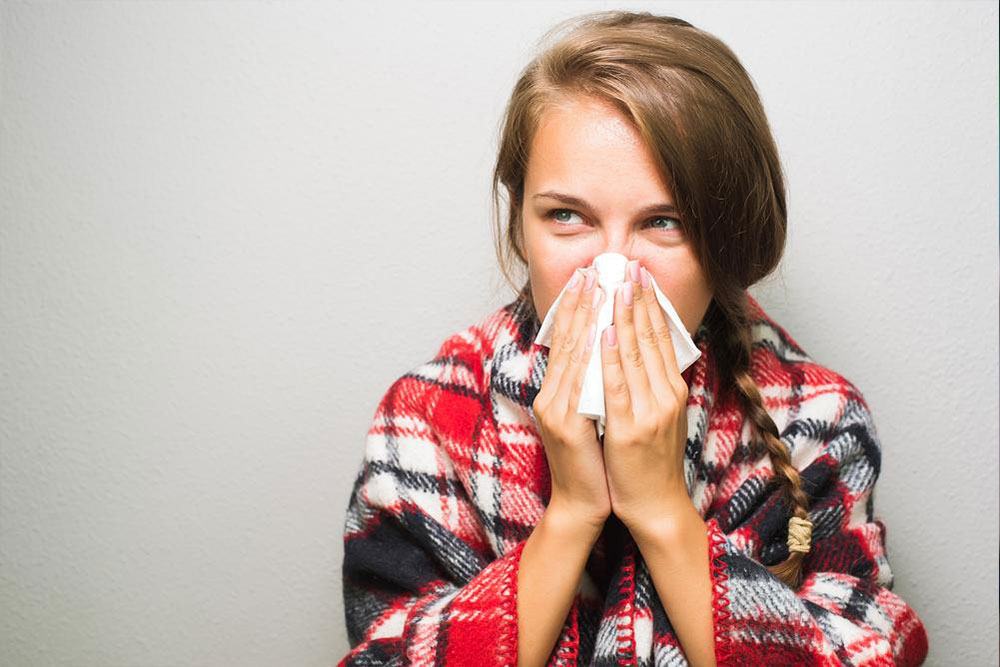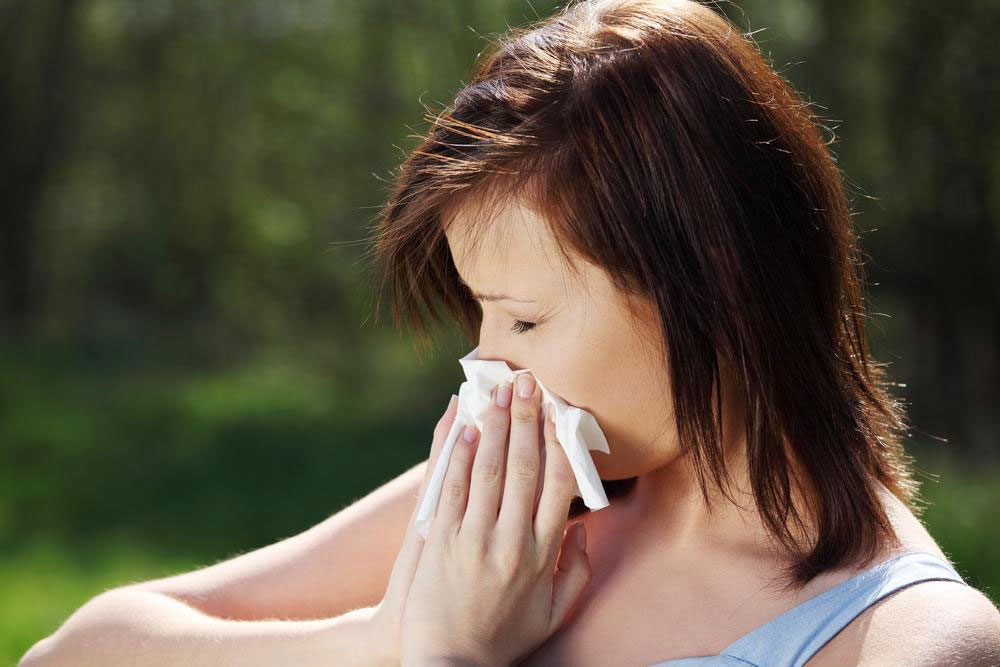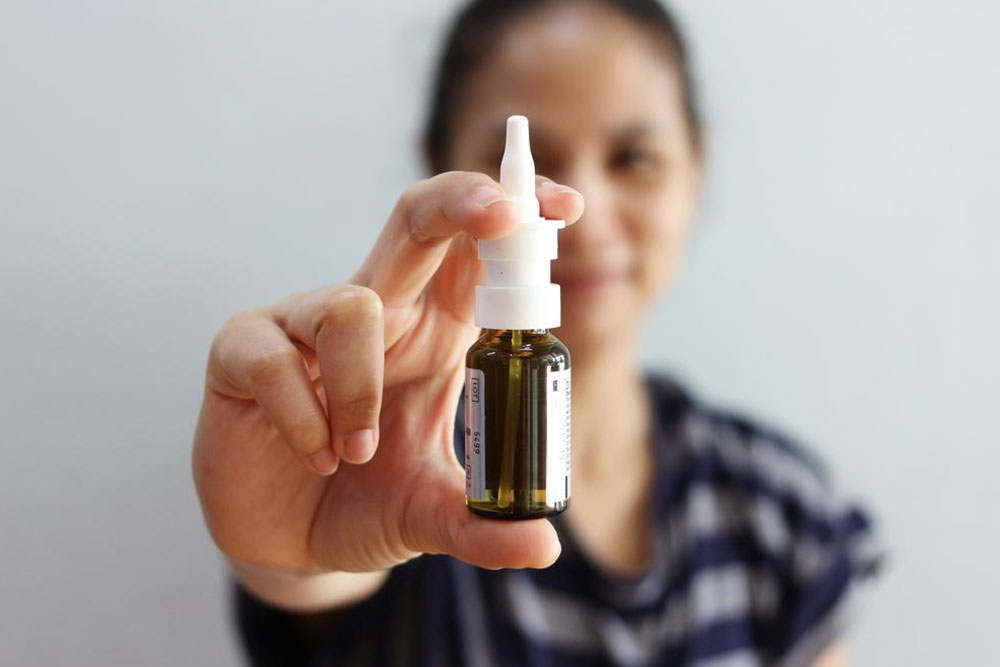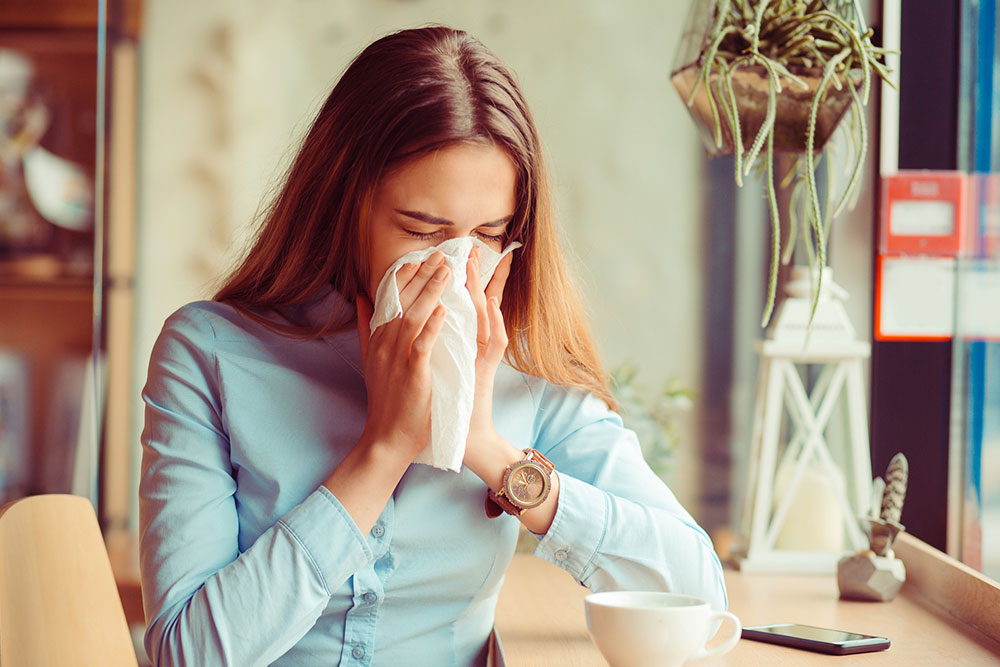Comprehensive Guide to Modern Allergy Remedies
Discover effective modern allergy remedies, including trigger avoidance and medication options like antihistamines, steroids, and immunotherapy. Learn how to manage symptoms and prevent severe reactions with expert guidance. Suitable for those with persistent or severe allergies seeking safe, practical solutions.
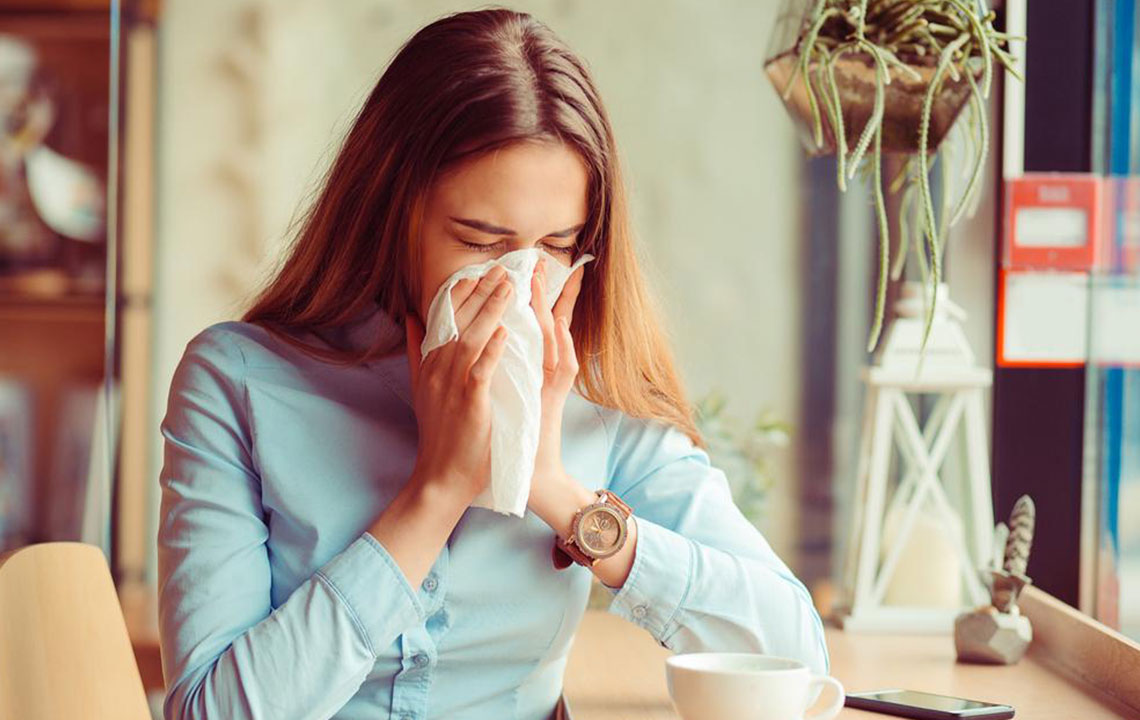
Comprehensive Guide to Modern Allergy Remedies
Allergies are widespread, affecting many individuals regardless of age. The most effective way to manage allergies is to identify and avoid triggers. Common causes include pollen, air pollution, pet dander, and dust mites. Diagnostic tests help pinpoint allergens, enabling targeted treatment. Symptoms like sneezing, coughing, and skin rashes can be alleviated through various strategies. Treatment options include allergen avoidance and medication. Addressing allergies promptly prevents worsening symptoms and improves quality of life.
There are two primary approaches to allergy management:
Minimize Exposure to Allergens
Eliminating allergens from your environment can significantly speed up recovery. While not always possible, this is the preferred approach, supplemented by medications if needed.
Here are effective methods:
Monitor dietary intake carefully to avoid food allergies.
If pet allergies are an issue, get tested and keep pets in separate areas; regularly bathe and clean them.
Maintain a clean, well-ventilated, and dry home to prevent mold growth. Regular cleaning of bedding, curtains, and avoiding carpets reduces dust accumulation.
Avoid grassy or polluted outdoor areas with high pollen levels that can trigger reactions.
Medication-Based Relief
If allergen avoidance isn’t sufficient, medication offers effective symptom relief. Consult healthcare providers before starting any medication, especially if you have underlying conditions.
Antihistamines
Antihistamines quickly relieve allergy symptoms and can be used preventively. Available as pills, eye drops, creams, or liquids, choose based on your specific needs.
Topical creams and lotions
Ideal for skin reactions like rashes, these help soothe irritation and reduce redness. Over-the-counter options like calamine lotion can also moisturize the skin and prevent further irritation.
Decongestants
For nasal congestion, decongestants provide immediate relief. Use them short-term as prolonged use can worsen symptoms. Available as sprays or tablets.
Steroids
Steroid medications reduce inflammation caused by allergies. They come in various forms: nasal sprays, eye drops, inhalers, or oral tablets. Always seek medical advice before use, especially for severe cases.
Immunotherapy
This long-term treatment is suitable for persistent or severe allergies. Administered through injections, tablets, or drops in controlled doses at medical facilities. It gradually desensitizes the immune system, reducing severity over time.
In emergencies, particularly severe reactions like Anaphylaxis, special injectable devices are available. Always carry an emergency injector if at risk.
Understanding these options allows tailored allergy management. Persistent symptoms should prompt medical consultation. Self-medicating without guidance is not recommended.

